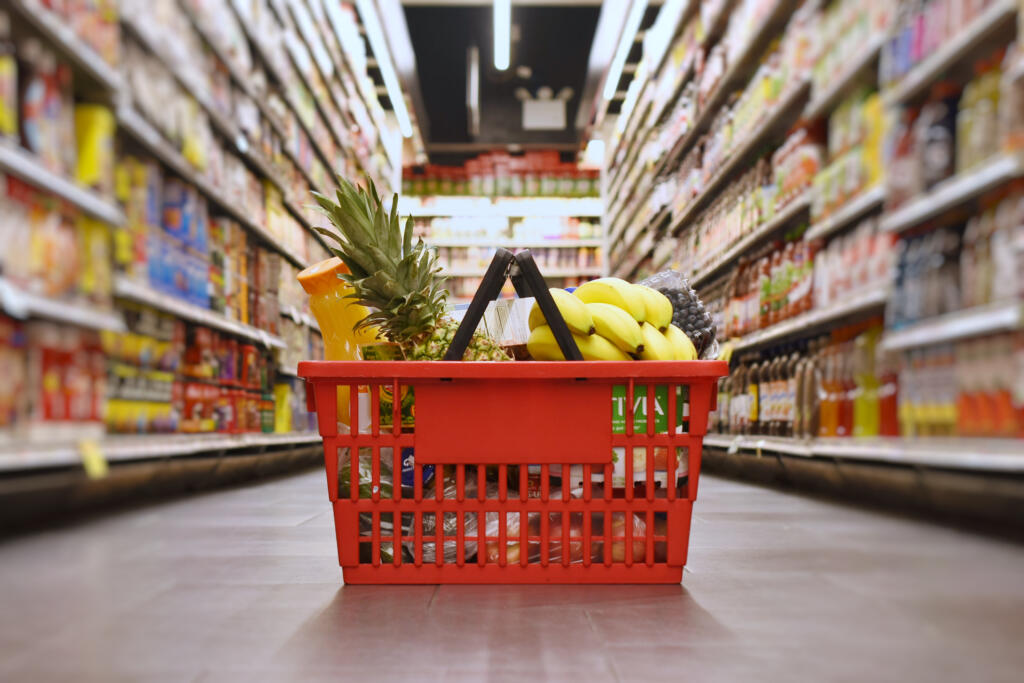
Since the announcement of the long-awaited UK-EU Brexit trade deal on 24 December 2020, there has been a significant impact on the food and drink industry. This article covers some of the changes that have occurred.
Rules of origin
The Brexit trade deal means no tariffs or quotas will apply to goods traded between the UK and EU, leaving many breathing with a sigh of relief. However, businesses now have to demonstrate the origin of their products’ ingredients, proving they originate from the UK to qualify for the tariff-free access. This has meant complicated consequences have arisen around what constitutes ‘UK-made’.
For example, EU goods arriving at UK distribution hubs to be re-exported are not seen as ‘UK-made’ if they have not been further processed, meaning they do not qualify for tariff-free access to the EU. This has forced many suppliers to cancel deliveries to Ireland and EU countries. These new rules do not apply to Northern Irish goods.
Imports and exports
British producers that trade with the EU now have to comply with customs and VAT procedures that apply to non-EU countries. This includes import and export declarations, safety and security declarations, health certificates and border checks. British producers exporting certain foods, such as meat, fish and dairy products, will need to ensure their business is listed as an approved EU establishment and prove they comply with UK and EU regulations.
Plant products will also need to provide sanitary certificates. The Food and Drink Federation has warned that the new extensive admin and paperwork will likely increase food supply chain costs because of wasted time at borders. It has also already led to shortages in Northern Ireland supermarkets due to British products needing to be checked at the Northern Irish border. There are no border checks between Northern Ireland and the Republic of Ireland because Northern Ireland remains in the EU’s single market for goods.
Labelling
From 1 January 2021, new labelling requirements apply to food and drink products placed on the EU market. The EU logo must not appear on British products and it must display the name and address of their Food Business Operator (FBO). The FBO details must be either an EU or Northern Irish address or the importer of the products into the EU or Northern Ireland.
A British name and address is not valid and cannot be sold in the EU. This has led to many businesses needing to change their supply chains in order to provide valid FBO details.
The labelling requirements for EU food and drink products placed on the GB market has been extended to October 2022. Products from Northern Ireland will continue to follow EU labelling requirements.
Heat-treated pallets
British exporters must use heat-treated wood pallets when sending goods to the EU, in order to prevent contamination and pests. This has meant more additional costs and logistical difficulties as there have already been shortages of these pallets due to their increased demand. Goods moving from Northern Ireland to Great Britain and Ireland will not need to comply, but pallets imported to Northern Ireland from Great Britain will need to.
Geographical Indication (GI)
All existing UK products registered under EU GI schemes will be protected under the UK GI scheme. It is expected that the EU will agree for all registered UK GIs to remain protected under the EU GI scheme. There is quite a large disparity between UK and EU GIs.
For example, the UK currently has 96 GIs, whereas the EU has 3574. GB producers applying for protection for a new product name must apply to the UK scheme. Once it has been accepted, they can apply to the EU scheme. This does not apply to Northern Irish products. A Northern Irish producer must apply to the relevant EU scheme to protect a product name.
With a specialism in assisting food and drink businesses and being a leading law firm for brand and reputation management, we are happy to help and assist you in making the most of your intangible assets. If you are concerned about the impact of Brexit on your food and drink business, please get in touch.
